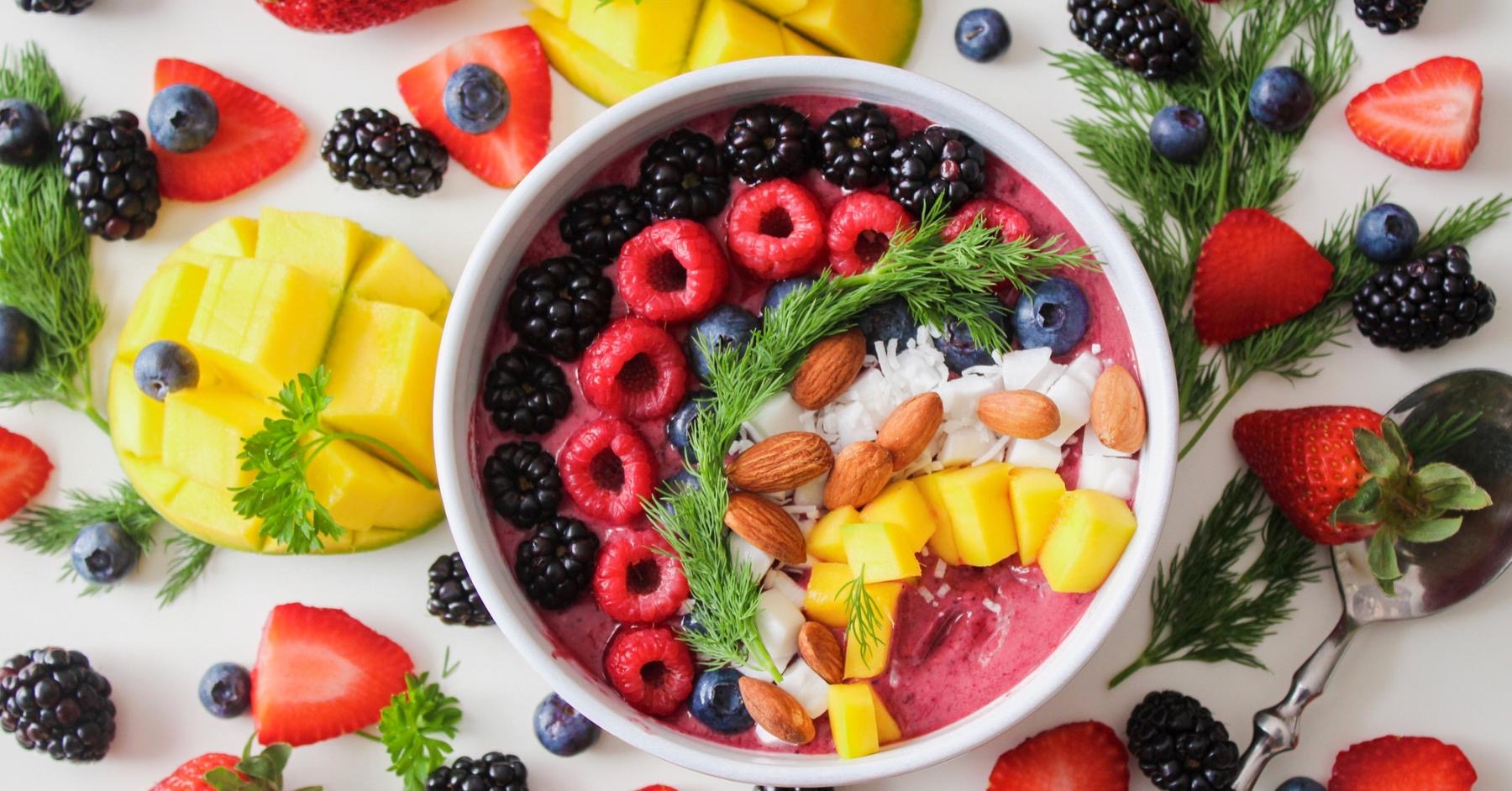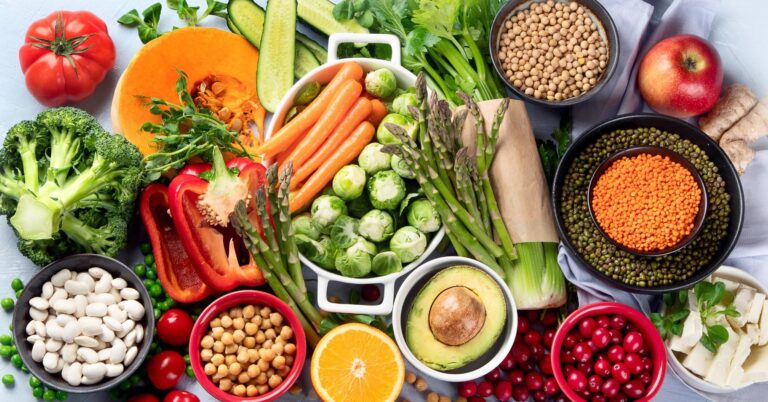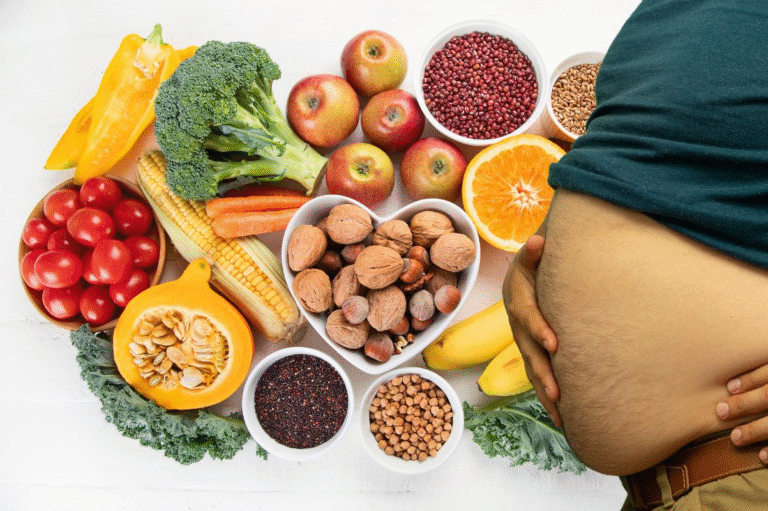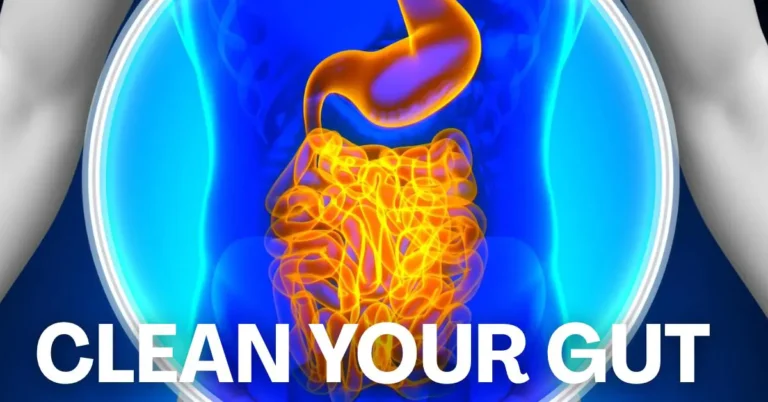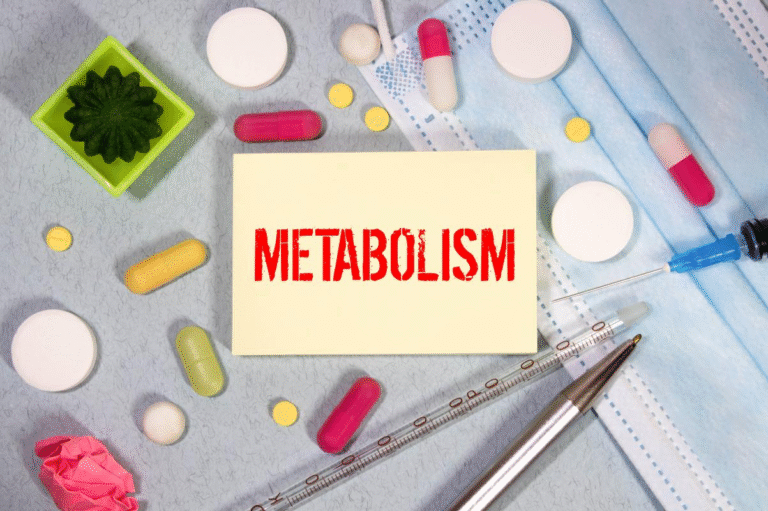Best Foods to Eat If You Have PCOS (Facts Backed by Science)
Polycystic Ovary Syndrome (PCOS) affects 1 in 10 women of reproductive age, yet it remains one of the most misunderstood hormonal disorders. Characterized by irregular periods, weight gain, acne, insulin resistance, and fertility struggles, PCOS is driven largely by hormonal imbalances and metabolic dysfunction.
The good news? Diet plays a powerful role in managing PCOS symptoms naturally. Research shows that specific anti-inflammatory, low-glycemic foods can help balance hormones, improve insulin sensitivity, reduce androgens, and even restore ovulation.
Best Foods to Eat If You Have PCOS
Nutrition plays a crucial role in managing PCOS, according to Dr. Leila Hassan, MD, an endocrinologist specializing in women’s health. By consuming the right foods, individuals can effectively control insulin levels, which subsequently regulate hormones and alleviate symptoms such as acne, irregular cycles, and weight gain.
Why Diet Is Crucial in PCOS Management
PCOS is frequently associated with insulin resistance, a condition where cells become less receptive to insulin, prompting the body to produce more. This excess insulin can lead to an increase in androgen (male hormone) levels, which are responsible for symptoms such as facial hair growth, acne, and irregular periods.
A diet rich in nutrients and low in insulin spikes can restore hormonal balance, reduce inflammation, and even support fertility in women with PCOS.
Top 10 Best Foods for PCOS, According to Research
1. Cruciferous Vegetables (Broccoli, Kale, Cauliflower)
Rich in indole-3-carbinol, these veggies support estrogen detoxification and reduce inflammation—key in managing PCOS-related hormonal imbalance.
2. Avocados
Packed with monounsaturated fats and fiber, avocados help stabilize blood sugar and promote healthy hormone production.
3. Berries (Blueberries, Raspberries, Strawberries)
Low in sugar but high in antioxidants, berries reduce oxidative stress and inflammation, both of which are elevated in PCOS.
4. Eggs
A rich source of protein and healthy fats, eggs help curb insulin spikes and promote satiety. They also provide choline, essential for reproductive health.
5. Fatty Fish (Salmon, Sardines, Mackerel)
High in omega-3 fatty acids, which improve insulin sensitivity, lower inflammation, and support heart health in women with PCOS.
6. Nuts and Seeds (Almonds, Chia, Pumpkin Seeds)
Offer zinc, magnesium, and fiber, nutrients that support ovulation, reduce androgen levels, and maintain insulin balance.
A 2022 study published in Nutrients found that women with polycystic ovary syndrome (PCOS) who increased their magnesium intake through diet showed improved insulin sensitivity and more regular menstrual cycles.
7. Sweet Potatoes
Complex carbohydrates with a low glycemic index are ideal for women with PCOS because they help manage blood sugar without triggering insulin surges.
8. Quinoa and Whole Grains
Unlike refined carbohydrates, quinoa is rich in protein and fiber, which helps maintain stable insulin and glucose levels. This stability contributes to the regulation of menstrual cycles.
9. Green Tea
It contains EGCG, a compound that has been shown to reduce androgen levels and improve insulin resistance in women with PCOS.
A randomized controlled trial published in Phytotherapy Research showed that green tea extract significantly reduced fasting insulin and total testosterone levels in women with PCOS after 12 weeks.
10. Cinnamon
Cinnamon, more than just a spice, is a metabolic booster! Sprinkle it on your oats or add it to your tea for a natural energy boost.
What the Research Says About PCOS and Food
- A 2021 meta-analysis published in Reproductive Biology and Endocrinology found that adopting low-glycemic diets significantly improved ovulation rates and reduced testosterone levels in women with Polycystic Ovary Syndrome (PCOS).
- Diets rich in omega-3s, fiber, and antioxidants led to measurable improvements in insulin resistance, body mass index (BMI), and inflammation markers.
Foods to Avoid with PCOS
Just as some foods help, others can worsen PCOS symptoms:
- ❌ Refined carbs (white bread, pastries) spike insulin.
- ❌ Sugary drinks raise blood glucose and inflammation.
- ❌ Processed dairy may increase androgen production in some women.
- ❌ Trans fats and seed oils disrupt hormonal balance.
“PCOS isn’t about strict dieting,” says Dr. Hassan. “It’s about making food choices that help your body relax and keep hormones in balance.”
Lifestyle Tips to Boost the Power of Food
- Practice portion control and mindful eating.
- Exercise regularly (strength training + walking is ideal).
- Sleep 7–9 hours nightly, as sleep deprivation worsens insulin resistance.
- Manage stress through yoga, journaling, or therapy—chronic cortisol can worsen hormonal imbalances.
- Track symptoms and cycles to better understand food’s impact on your body.
Check out the Mayo Clinic’s guide to PCOS for additional tips.
Food Is Powerful Medicine for PCOS
PCOS may not have a cure, but the right foods can make a big difference. By eating whole, nutrient-rich foods that support your body’s hormones and metabolism, you can take control of your PCOS and improve your overall well-being.
Dr. Hassan emphasizes that every balanced meal is a step towards hormone harmony. To begin, start small and let your plate become your most powerful PCOS tool.
Check out the healthlynic ✔️approved range of products for Weight Loss, Improve metabolism and much more!
